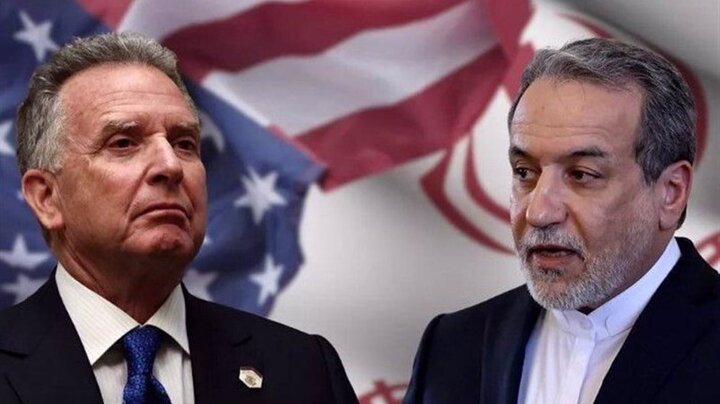The main point of contention in the Iran-US talks, according to the New York Times.
The New York Times, citing “officials familiar with” the negotiations and the circumstances surrounding them, claimed that as the US government tries to reach a nuclear deal with Iran, Israeli Prime Minister Benjamin Netanyahu has threatened to disrupt the talks by attacking Tehran’s main enrichment facility!
According to the Times, the sharp disagreement over how to ensure that Iran does not acquire a nuclear weapon has led to at least one tense phone call between Trump and Netanyahu, as well as a flurry of meetings in recent days between senior White House officials and senior Israeli officials.
Trump claimed on Sunday that “good news is coming in the next two days” about his efforts to limit Iran’s nuclear program!
According to the New York Times, some sources familiar with the negotiations have said that at best, a statement on some common principles will be issued. According to them, the details of the negotiations remain confidential and will likely pave the way for further negotiations. The newspaper wrote, “The upcoming negotiations will likely begin with whether Iran can continue enriching uranium, regardless of purity, and how to reduce the purity of its stockpile of enriched uranium close to nuclear weapons or remove it from Iran.”
The New York Times claimed in April that Israel planned to attack Iran’s nuclear facilities this month but that Trump had called off the strikes so he could continue talks with Tehran. However, Netanyahu has insisted on military action against Tehran without American help!
Read more: “Good Trump, Bad Netanyahu”; The Good and Bad Cop Game in Nuclear Talks
Netanyahu claimed last month that the only good deal with Iran would be one that “dismantles the entire infrastructure of Iran’s vast underground nuclear facilities at Natanz, Fordow, and nuclear facilities scattered throughout the country.”
Ron Dermer, Israel’s Minister of Strategic Affairs, and David Barnier, the head of Israel’s intelligence agency (Mossad), met with Steve Witkoff, Trump’s special envoy for the Middle East, in Rome, Italy, on Friday.
The two Israeli officials then traveled to Washington to meet with John Ratcliffe, the director of the Central Intelligence Agency (CIA). Dermer met with Witkoff again on Tuesday.
The New York Times claimed in another part of the report that in the talks between Witkoff and Abbas Araqchi, the Foreign Minister of the Islamic Republic of Iran, the Trump administration’s position on stopping all nuclear enrichment activities inside Iran was the main point of contention and disagreement. Araqchi has repeatedly rejected such a restriction and emphasized in a message on social media on Tuesday that “if Western powers insist on zero enrichment in Iran, then from Iran’s side, there will be nothing left for negotiations on the nuclear issue.”
The newspaper reported that Vetikoff, along with Oman, which is acting as a mediator, are exploring “creative options” in an attempt to prevent the talks from collapsing. Among the options is a possible regional joint venture between Iran, Saudi Arabia and other Arab powers, with “American intervention,” to produce the nuclear fuel needed for Iran’s reactors. However, the proposal does not specify the actual location of the enrichment.
Vetikoff has also dropped his initial opposition to an interim agreement that would provide a framework for a final agreement, the New York Times reported, citing people involved in the talks. However, the move is unlikely to satisfy Israel or the hawks in Congress who want to sever ties with Tehran.

